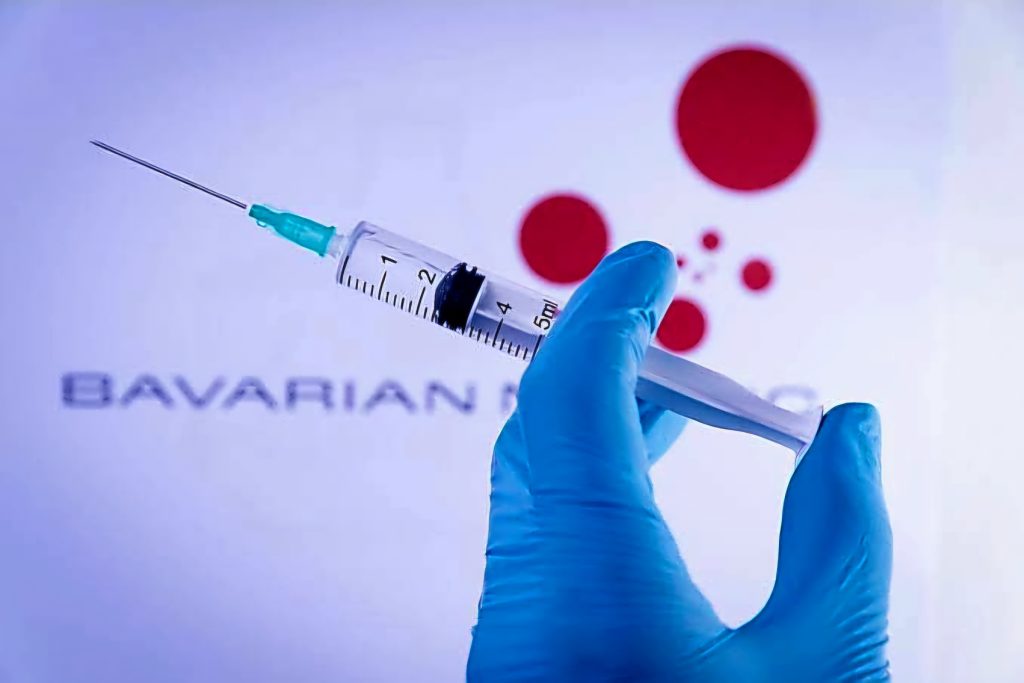A comprehensive plan has been introduced to facilitate the distribution of mpox vaccines, tests, and treatments to the most vulnerable populations in the world’s poorest countries. This plan comes in the wake of the recent approval of the first mpox vaccine and reflects the extensive global efforts observed during the COVID-19 pandemic.
The initiative is designed to enhance vaccine access in African nations that have been severely impacted by mpox, particularly as a new strain of the virus spreads from the Democratic Republic of Congo to neighboring regions. The World Health Organization (WHO) has declared this outbreak a global public health emergency, underscoring the urgency of the response.
Health officials emphasize that vaccines, treatments, and diagnostic tools are crucial for controlling the spread of mpox in Africa. The COVID-19 pandemic highlighted the necessity for robust international cooperation to ensure equitable access to medical resources, particularly for low-income countries that often struggle to obtain necessary supplies.
In a significant move, European countries, the United States, and Japan have committed to donating 3.6 million doses of the primary mpox vaccines. The first doses are set to be distributed starting on October 2. In addition to these pledges, efforts are underway to secure further donations from other nations to ensure that vaccines reach the populations most at risk.
The WHO has approved Bavarian Nordic’s mpox vaccine, Jynneos, and is also evaluating LC16, developed by Japanese manufacturer KM Biologics. This prequalification allows for the purchase and coordination of vaccine donations. Gavi, the Vaccine Alliance, which supports vaccine purchases for low-income countries, has allocated up to $500 million to fund these efforts. This funding is aimed at ensuring that vaccines and treatments are effectively distributed and reach those in greatest need.
Multiple Delays in Mpox Vaccine Deployment
The World Health Organization (WHO) has come under criticism for its slow response in deploying mpox vaccines. Although Bavarian Nordic’s vaccine has been in use worldwide since 2022—following its approval by U.S. and European regulators for a different strain of mpox that spread globally that year—the WHO only formally began the approval process in August of this year.
The delays can be attributed to several factors. The vaccine’s high cost of around $100, combined with other ongoing disease outbreaks and inefficient response mechanisms in severely affected regions like Congo, has hampered timely deployment.
Dimie Ogoina, chair of the WHO’s mpox emergency committee, highlighted the critical role of the vaccine in protecting populations but also stressed that it is not a panacea. He emphasized that a comprehensive approach, including other public health measures, is essential for controlling the outbreak.
The WHO has approved Bavarian Nordic’s vaccine for use in individuals aged 18 and older for smallpox, mpox, and related viruses. In addition to its primary use, the vaccine may also be administered “off-label” to children, pregnant individuals, and those with weakened immune systems in outbreak situations, provided the benefits outweigh the risks. The Japanese vaccine LC16, which is also approved for use in children, requires a specific type of needle for administration.
Mpox is particularly dangerous for children and individuals with compromised immune systems, such as those with HIV. The infection typically presents with flu-like symptoms and pustular skin lesions, making effective vaccination and public health strategies crucial for at-risk populations.

